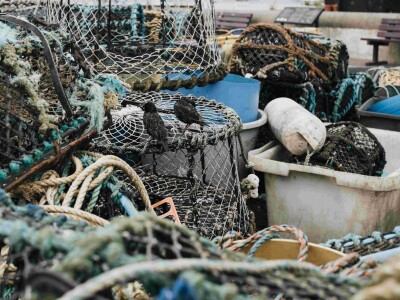LOWER ELWHA KLALLAM RESERVATION, Wash. — The Elwha, like so many coastal Natives, are salmon people. Their history of dugout canoes and hundred-pound chinook is inseparable from the glacial river that shares their name.
In late August, timed to the fall runs of fish, the Lower Elwha tribe holds the annual "First Salmon" ceremony at the gravelly mouth of the river. Lola Moses, who oversees the tribal court, presides over a small crowd of members, children from the reservation's Head Start program and a few visitors. A flayed salmon rests on a plastic folding table.
Moses helps cradle the fish on a pine bough and carries it to the water's edge. Peyton Cable, 14, wades then dog-paddles in and floats the offering downriver, calling forth the next year's runs. To a plain drumbeat, the tribe sings deep-throated warrior chants and the melodic "Klallam Love Song."
"I'm so proud of the Elwha," Moses says. "The river is free. It's cutting new paths and going down old paths." For the first time in more than a century, there's no concrete holding the river back. The largest dam-removal project in U.S. history has given this ecosystem and its earliest residents, the Lower Elwha people, a second chance.
Read the full story at Al Jazeera America>>
Want to read more about Pacific salmon? Click here...






